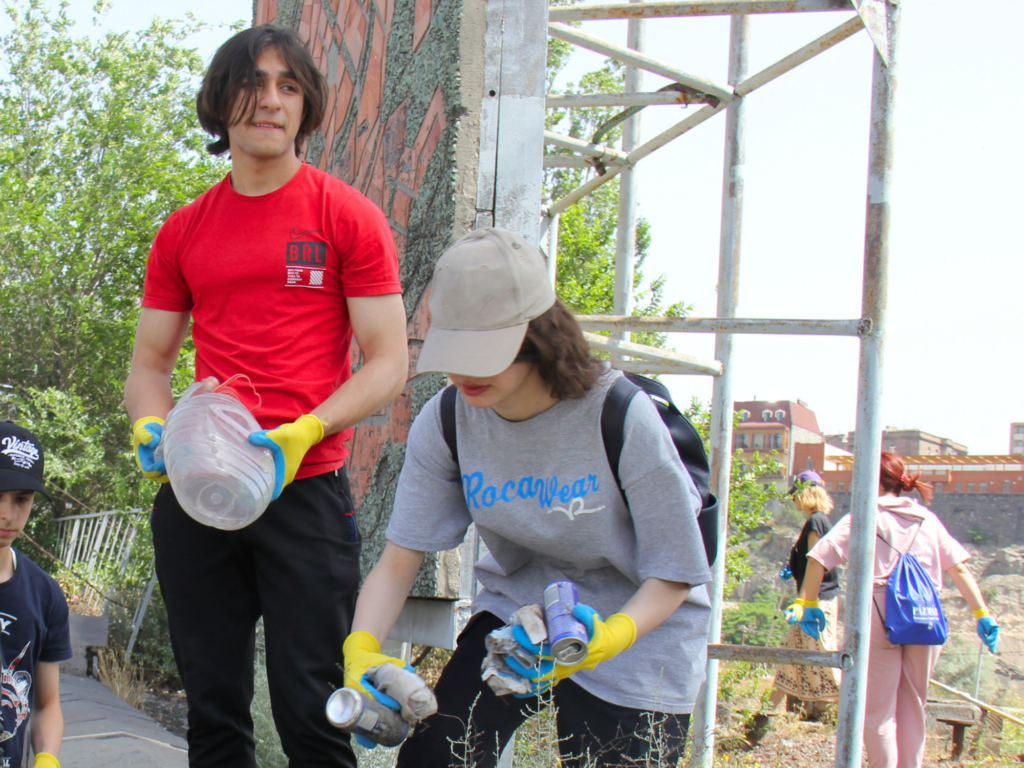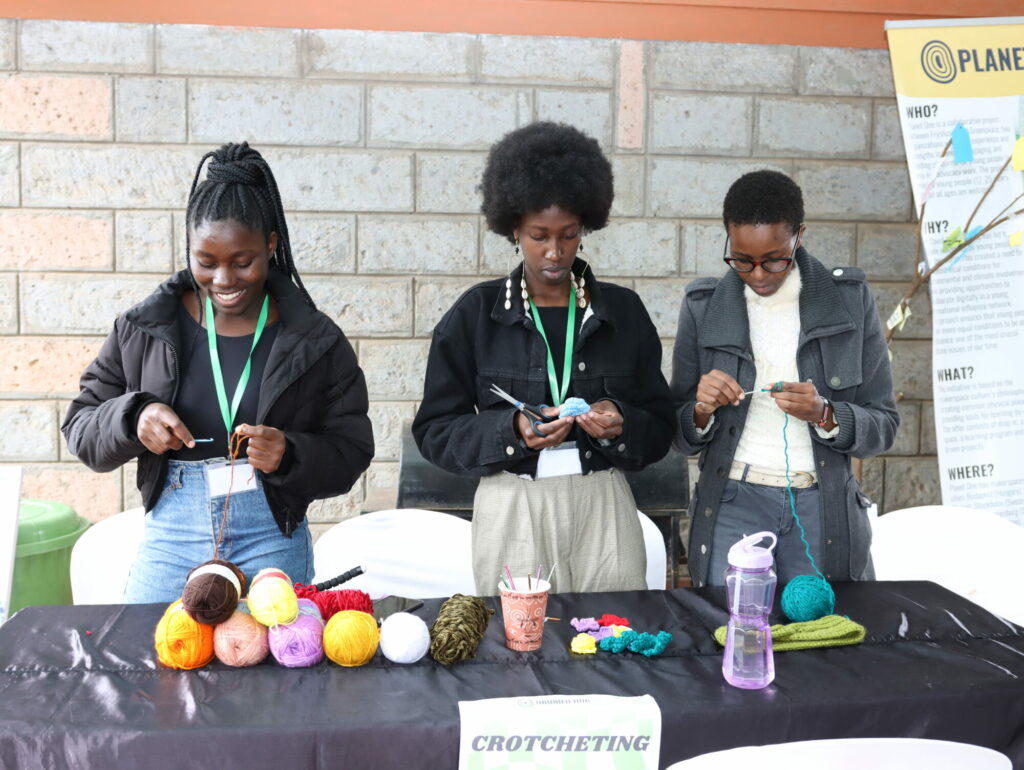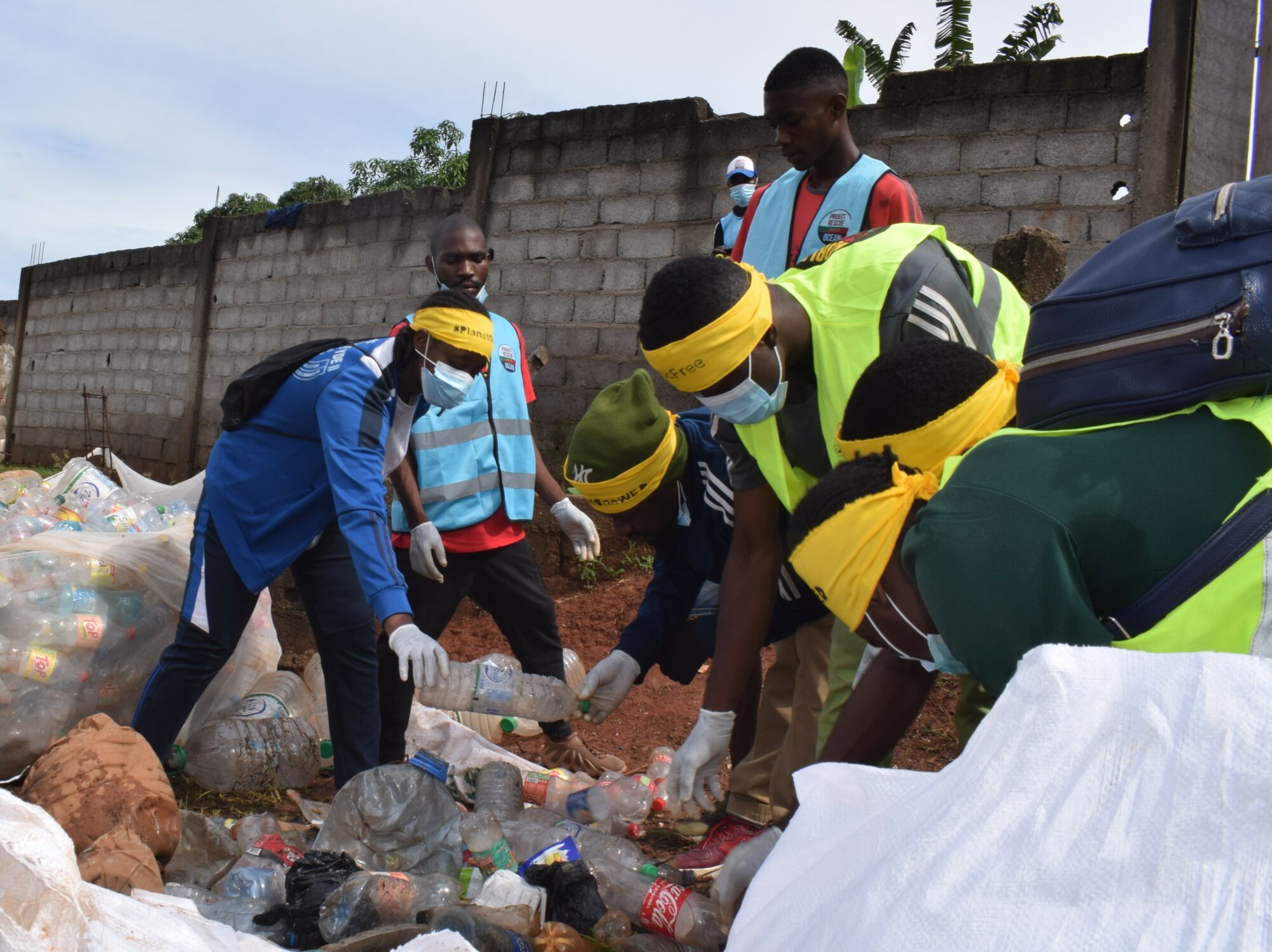Plastic pollution is a ticking bomb to our human health and a global environmental crisis, which is also negatively affecting animals and plants. If we, individually and collectively, do not come up with sustainable ecological solutions, the pollution will worsen until it will be fatal-inflicting self destruction. Hopefully, by taking the right actions we can save ourselves, fauna and flora.
In the air and water, we have invisible and visible aspects of plastic pollution. Plastic pieces have been found in marine animals’ stomachs, a direct result of our collective human ecological irresponsibility. However, the pollution is far worse than what we can see with our bare eyes: There are micro plastics and nano plastics in our water bodies as well as in the atmosphere. So, in some areas and to a very large extent, we may find ourselves breathing in or/and drinking water contaminated with micro and nano plastic particles.
We may all agree that plastics-made items are financially cheap and thus affordable to the majority of people. Even though they are very accessible and convenient in our daily usage, they are very environmentally unfriendly. Consequently, we can also agree that plastics have greatly contributed in polluting almost every visible part of our environment.

What shall we do with these plastics? I suggest we do the following “7 R:s” to innovatively and progressively defeat plastics pollution.
- Reuse: do not buy any other plastic items; use again the one you already have. If you have a plastic water bottle, refill it at home and use it throughout the day as you travel or at your workplace. Also, wash and use an empty peanut butter plastic can to store kitchen salt in it.
- Reduce: minimize the habit of using plastic items you have. Here, you start discerning an ecological change of attitude towards your high valuing of plastics use into how I can stop using them; a first step of a conversion journey; training yourself to adopt a plastic-free-lifestyle.
- Repair: when your plastic made item such as a basin is broken, do not throw it away, have a artisan personnel, or yourself, to repair the broken part so that you can continue using it.
- Recycle: Instead of throwing away plastic items such as bottles, collect them and then hand them over to a nearby recycling factory to make new items such as flower vessels, dustbins, etc.
- Replace: seek alternatives of plastics made items. It means that you will advocate and practice the use of timber (wood) products, plants, earthenware, or glass made items that are environmentally friendly.
- Refuse: At this juncture, commit yourself to refuse to use any plastic made items. You become a fierce and relentless advocate and practitioner of non-plastics such as packaging items.
- Restore: We must clean the littered plastics all over our environment starting at our house compounds, our work place, roads, towns and cities, etc. Furthermore, we clean our water bodies, especially the seas and oceans where most plastics end up. This way, we are restoring the lost or the dwindling environmental dignity and splendor of creation.

Notably, all these steps are not separate – they are intertwined. So, we must start by knowing the menace of plastics pollution and then start a journey of personal ecological conversion, a desire and a commitment to change your habit of using plastic made items into a habit of using environmentally friendly alternatives. In the process, we will find out that we are influencing others to change their plastics-based lifestyles to ecologically viable alternatives.


